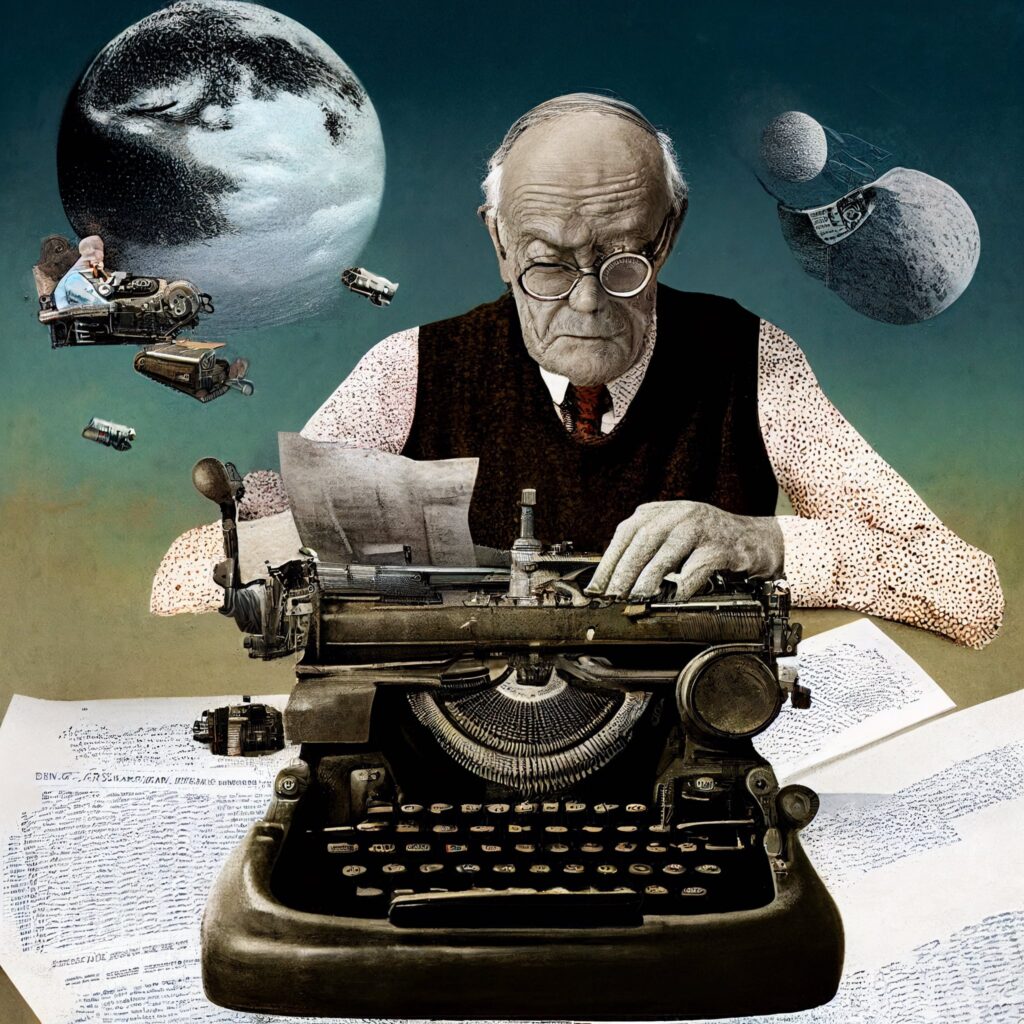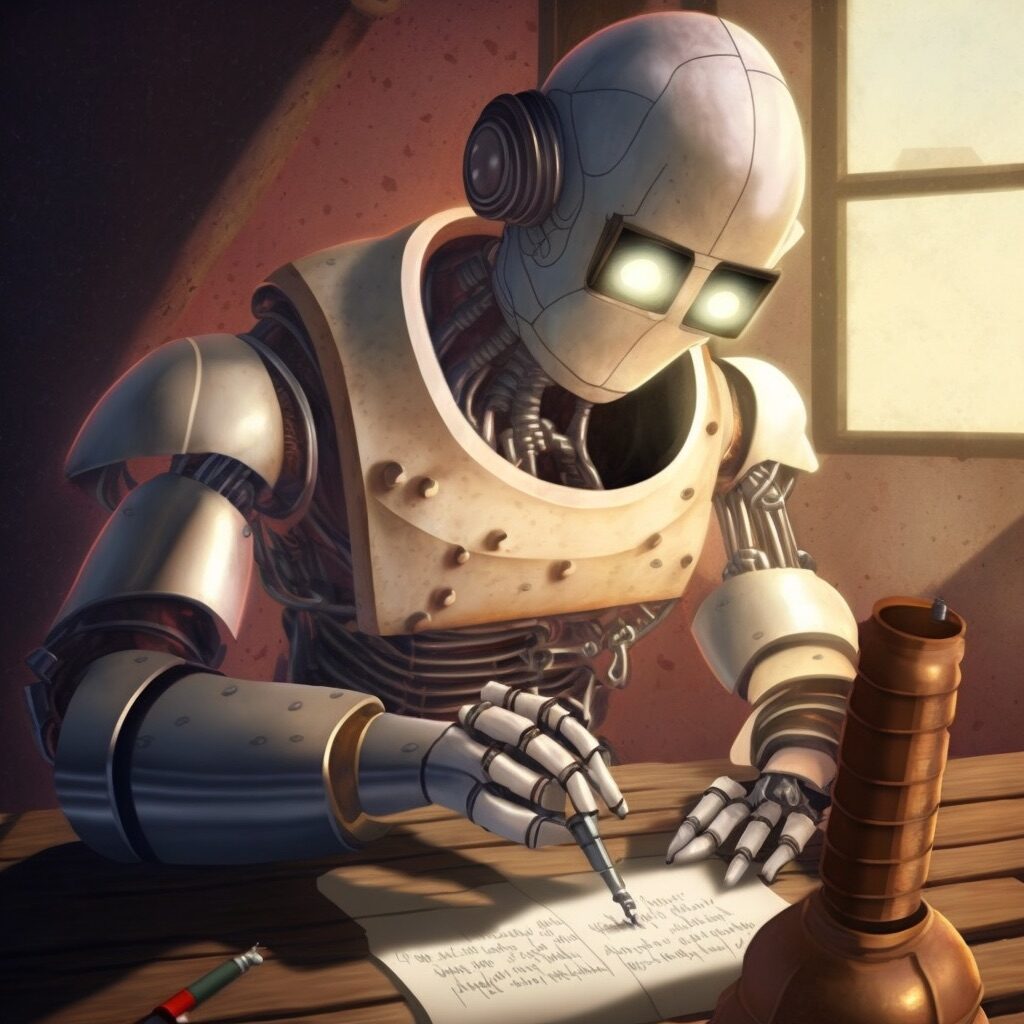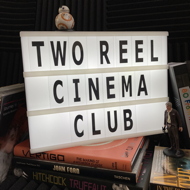We’ve been doing this podcast for a whole year now, and we’ve seen some astonishing and remarkable movies. We’ve seen some dreadful clunkers, too. So join us for our inaugural award ceremony, celebrating the best of the best in six categories, while not forgetting the awful films, which get an award all of their own.
Episode 41: Popcorn Counter: Bah Humbug
There’s a whole channel of Christmas movies now, a whole channel! Why? This episode at the popcorn counter we ask how come there seems to be such a wealth of Christmas movies, but not nearly so many Easter movies or Thanksgiving movies or Harvest Festival movies. And seeing as there is such a glut, we single out some of our favourites to give you a bit of a guide to the best of Yuletide watching.
Episode 40: Your Christmas or Mine vs It’s a Wonderful Life: Festive Face-Off
It’s that time of year again, when Christmas movies come to our screens thick and fast. But do either of those adjectives describe the new Amazon original, UK-based, rom-com feature Your Christmas or Mine? And how does it compare to the eternal yuletide classic It’s a Wonderful Life? We examine both films in depth, including a look at the writing process and the challenges of creating a good ‘bottle episode’. Which film features Elon Musk in disguise? Which film has the Cliche Squad working overtime? And does the differing way these films discuss race and class suggest any social change in the last eighty years?
Episode 39: Popcorn Counter: Hot For Teacher
We’ve got it bad, got it bad, got it bad at the popcorn counter this episode. Teachers appear in so many films, but how often do they get it right? What does Matthew Broderick do to convince us he knows what real teaching is like? And has anyone in the US ever heard of Grange Hill?
ChatGPT: what now for writers?

Imagine asking Isaac Asimov or Arthur C Clarke sixty years ago what their most optimistic vision of humankind’s future might look like. Perhaps they would have suggested a utopia where robots and computers do all the menial jobs leaving humans to concentrate on pursuits like art and writing.
Cleverly we seem to be working on the exact opposite.
I’ve read plenty of stories this year about working conditions at Amazon and Tesla, and about clothes and phones made in sweatshops. Workers rights are eroded as capitalism continues to accrue power and a cost of living crisis gathers pace. People visit food banks in growing numbers while many worry about how they will pay to heat their homes.
Computers on the other hand have been having a great year. They’ve been learning to paint and experimenting with creative photography. They’ve been working on their novel, too, and enjoying driving lessons. Some have been doing a bit of shooting. And with all these new skills they’re looking forward to well paid jobs in the near future. So, good for them.
My obvious question – within the remit of the Two Reel Cinema Club – is: what does this mean for screenwriting?

So all around AI wag Guy Parsons has apparently ‘written’ a film treatment using ChatGPT. (I accidentally typed ‘Chat Git’ there the first time round. Should have left it.) Having just read the treatment, I can confirm that I’ve definitely heard real pitches for films far worse than this. In fact I’ve seen real, finished movies that are worse than this.
Critics of AI will tell you that ChatGPT cannot make anything original. It simply takes elements of what it’s been fed and spits them back out in a new configuration.
But then critics of commercial cinema will tell you the same thing.
Once the computers become competent at writing screenplays (it won’t be long) the question will no longer be, ‘Can it be done?’ And we seem already to be beyond the question, ‘Should it be done?’
Instead, the question will be, ‘Why do we make films at all?’
So … why do we make films? If the answer is only ‘to make money’, then we the screenwriters may be doomed. Soon computers will be able to write novel-seeming stories that are structurally satisfying, airtight and consistent, superficially surprising, and commercially viable. And … maybe that’s fine. Maybe that’s enough.
But if we can decide that the process is an important part of the output, that the act of film-making, of writing and creation has value beyond its efficiency at turning a profit, maybe we’ll still have a chance.
Who wants to take that bet, though?
Episode 38: My Old School vs Kes: Clipped Wings
We’re travelling through time this episode, back to the podcast we missed last summer, and back to school. Acclaimed Scottish 90s teenager doc My Old School has arrived on streaming platforms, meaning we can at last watch it and draw parallels with Ken Loach’s 1969 classic Kes. Two films about struggling youths, one doing everything he can to escape his oppressive life, the other doing everything he can to turn back the clock and live it all again. But how differently do the two films portray education? And which of the two contains the finest football scene in all of cinema?
Episode 37: Popcorn Counter: Sequels
Haven’t we been here before? We bump into screenwriter Inês Braga at the popcorn counter this episode, where we talk about that rarest of beasts, the sequel that’s not equal: second films that are better than the first film. Yes, they exist! We nominate some of our favourites, mention a few sequels that went totally off the rails, and invent a new word, before finally getting some insight into Inês’ current hit television show ‘Santiago’ and her thoughts about her own sequel.
American Idiot: American Made (2017)

It’s no secret we have a soft spot for Tom Cruise at the Two Reel Cinema Club. But somehow I’d never seen American Made (2017), Doug Liman’s drug-running-small-plane picture, until this week.
Imagine you really loved the final 45 minutes of Goodfellas, loved it so much you wanted to turn it into a whole feature film. And you also loved planes. Well that’s American Made. Tom Cruise is Barry Seal, a TWA pilot who becomes a smuggler bringing drugs to the US and guns to Nicaragua until he gets in over his head.
It’s entertaining, I cannot deny it, although the exuberant editing and 80s-video-footage-intercuts get a little wearing after a while. Great soundtrack, too.
But what makes the film stand out is that Tom Cruise plays the central character as an idiot. Barry the risk-taking pilot and all around action man is really very stupid. He’s aways making bad decisions, misreading the room and getting it wrong. He agrees to take off from the cartel’s way-too-short runway and ends up crashing into a tree, only making it airborne through dumb luck. He digs a hole to hide a huge bag of cash only to find he’s already buried a bag of cash in that same patch of ground. And the film revels in his idiocy, serving us shots of Tom’s uncomprehending face so close up that you can almost hear the sound of gears clicking into place, or failing to mesh and coming apart. He is a Beavis and Butthead grade of moron but with a pilot’s license, and it’s great fun to see the normally cool, resourceful and hyper-competent Cruise play a dunce.
But… now that I’ve watched Tom play against type, I’ve come to realise that a lot of Tom Cruise’s characters are idiots. I mean a LOT.
Maverick? Cocky and an excellent pilot, yes, but also an idiot. Just look at his face when Penny’s daughter catches him sneaking out of her mother’s bedroom in Top Gun: Maverick.
Risky Business? Kid starts a brothel in his parents’ house and loses control over the situation. What an idiot.
Magnolia? Tom plays Frank, the motivational speaker and pick up artist, and that guy’s clearly an idiot.
War of the Worlds? Tom can’t even make a sandwich properly. What does that make him?
If you’ve seen Tropic Thunder you’ll know that Cruise is a very skilful comic actor. But it’s a surprise to discover that he’s been doing comic roles for years and years and I never noticed. (Maybe that makes me the idiot in this case…)
Episode 36: Wakanda Forever vs Quilombo: Clash of Utopias
Screenwriter Inês Braga is our guest on the show this week, and she schools us on our Portuguese pronunciation as we compare the monolithic new MCU picture Wakanda Forever with 1984’s Brazilian take on very similar themes, Quilombo. We find epic battles, extravagant costumes, warehouses rammed with gear, and awkward diving suits full of melons. But do these two versions of utopia have more in common than super-powered spears and elaborate headgear? And what is the idea that Wakanda Forever leaves hanging but that Quilombo completes?
Episode 35: Popcorn Counter: Adapt or Die
So about half of all films are based on pre-existing works, be they books, plays, magazine articles or toy cars that turn into robots. But how have we approached the task of turning some other thing into a movie script? What films do we think did it well? And what does Aphex Twin have to do with it all?
